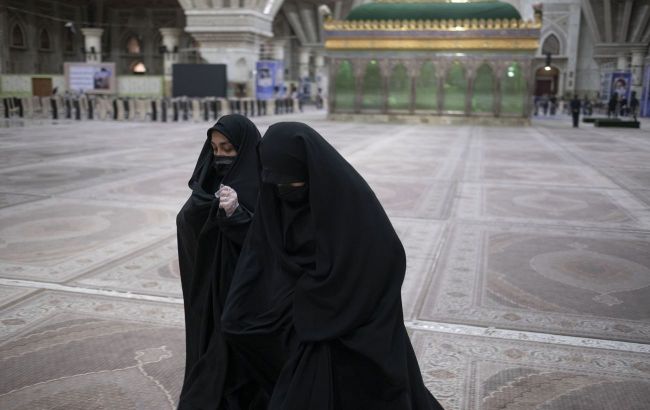Energy crisis in Iran: Factories and institutions not working, schools closed
 Energy crisis in Iran (photo: Getty Images)
Energy crisis in Iran (photo: Getty Images)
Iran is facing a large-scale energy crisis, reports The New York Times. Enterprises and government agencies are not working in the country, schools are closed, and students have been transferred to online mode.
According to the newspaper, government agencies in Iran are closed or working on a reduced schedule. Schools and colleges have switched to online mode. Highways and shopping centers have plunged into darkness, and industrial enterprises have been cut off from power, almost halting production.
Despite the fact that Iran has one of the largest reserves of natural gas and crude oil in the world, the country is facing a serious energy crisis. The NYT writes that the crisis can be attributed to years of sanctions, ineffective governance, worn-out infrastructure, excessive resource consumption, and targeted attacks by Israel.
Over the past week, the country has actually been in an energy-saving mode, which has caused discontent among citizens. It is reported that the economic losses from the crisis amount to “tens of billions of dollars”.
Iranian President Massoud Peseshkian warned that the situation with the energy infrastructure has reached a “critical point”.
According to Iranian officials, the shortage of natural gas to meet the country's needs has reached about 350 million cubic meters per day. The cold snap has led to an increase in demand for fuel.
The newspaper notes that the Iranian authorities faced a dilemma: either to stop supplying gas to residential buildings or to stop supplying it to power plants. The government chose the second option so as not to endanger the safety of Iranians.
By December 20, 17 power plants in Iran had completely stopped working, and the rest were only partially functioning.
Aggravation in the Middle East
In the fall, Iran and Israel exchanged missile strikes. Iran attacked Israel because of the elimination of Hamas and Hezbollah leaders. Jerusalem responded to the attack and fired on Iranian military targets.
Recently, The Washington Post reported that after the latest Israeli strikes, Iran's production of ballistic missiles has decreased.

